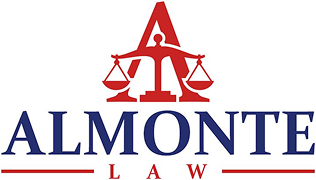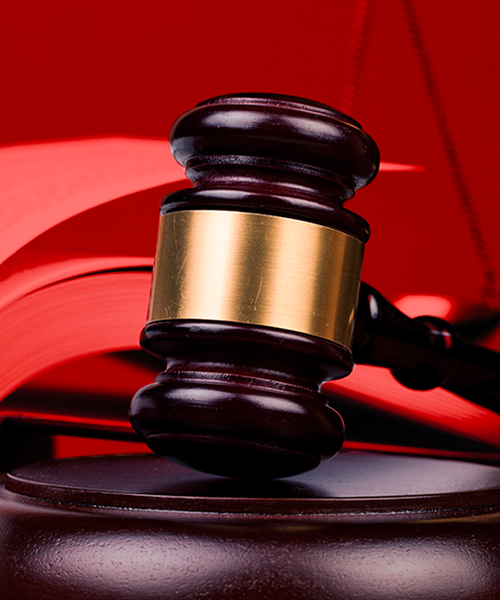State Prosecutor
Witness Representation
Legal counsel for witness representation in federal cases is critical, particularly when a person is called to speak with federal agents about an investigation. While it may initially seem harmless, the situation can be more complex than it appears. Often, federal agents or prosecutors may assure you that you are “not a target” of their investigation. However, this distinction—between being a “target” and a “witness”—is significant, and it’s important to understand what that really means.
Why Legal Counsel is Necessary for Witnesses in Federal Cases
- Understanding the Legal Distinction: When agents or prosecutors tell you that you are not a target of their investigation, they are essentially stating that you are not currently under suspicion of committing a crime. However, this does not mean you are free from legal risk. You could still be implicated in a case based on what you say or fail to say, and this can have serious consequences. It’s crucial to understand that being a witness in an investigation doesn’t necessarily shield you from prosecution or other legal repercussions.
- The Risk of False Statements: Federal investigations are highly structured, and making a false statement, even inadvertently, can lead to serious criminal charges. Lying to federal agents or providing misleading information could result in charges such as obstruction of justice or making false statements, both of which are federal offenses. A defense lawyer can ensure that your statements are accurate and that you are fully aware of the potential risks of your testimony.
- The System Can Be Daunting and Complex: For someone who is not accustomed to the legal system, interacting with federal agents can be confusing and overwhelming. There may be nuances in how questions are asked or how certain pieces of information could be interpreted. A criminal defense lawyer can provide guidance throughout the process, helping you understand the implications of your actions and your rights.
- Even Non-Targets Need Legal Protection: It’s a common misconception that you don’t need legal representation unless you are facing charges. However, witnesses in federal investigations, even those who are not the focus of the investigation, may face pressure from authorities. Federal agents might ask you to provide testimony, cooperate, or provide documents. What you might perceive as a simple conversation can become more complicated, and your rights could be at risk. Having an attorney to represent your interests ensures that you are not coerced or misled, and that you understand the full scope of your involvement.
- Avoiding Pressure or Coercion: While federal agents might assure you that you are not a target, that doesn’t necessarily protect you from the possibility of future charges. Authorities may also use tactics to apply pressure on witnesses, hoping to gain more information. An experienced criminal defense lawyer can help you navigate this pressure, ensuring that you aren’t coerced into saying anything that could later be used against you.
- Ensuring Accuracy and Integrity in Testimony: The primary role of a defense lawyer representing a witness is to help ensure that the testimony given is both truthful and consistent with the facts. Your lawyer can assist you in preparing for questioning, helping you understand what types of questions are permissible and how to present yourself effectively without incriminating yourself.
In conclusion, even if you are not the target of an investigation, it’s a mistake to assume that federal authorities won’t charge you or pressure you during the investigation. Making a false statement, whether intentional or not, can lead to federal charges. This is why it is vital to have a criminal defense lawyer to represent you in these situations, ensuring that you are fully informed, your rights are protected, and you are not inadvertently caught up in legal trouble. A lawyer can help you navigate the complexities of the legal system and ensure that you cooperate without compromising your legal standing.







